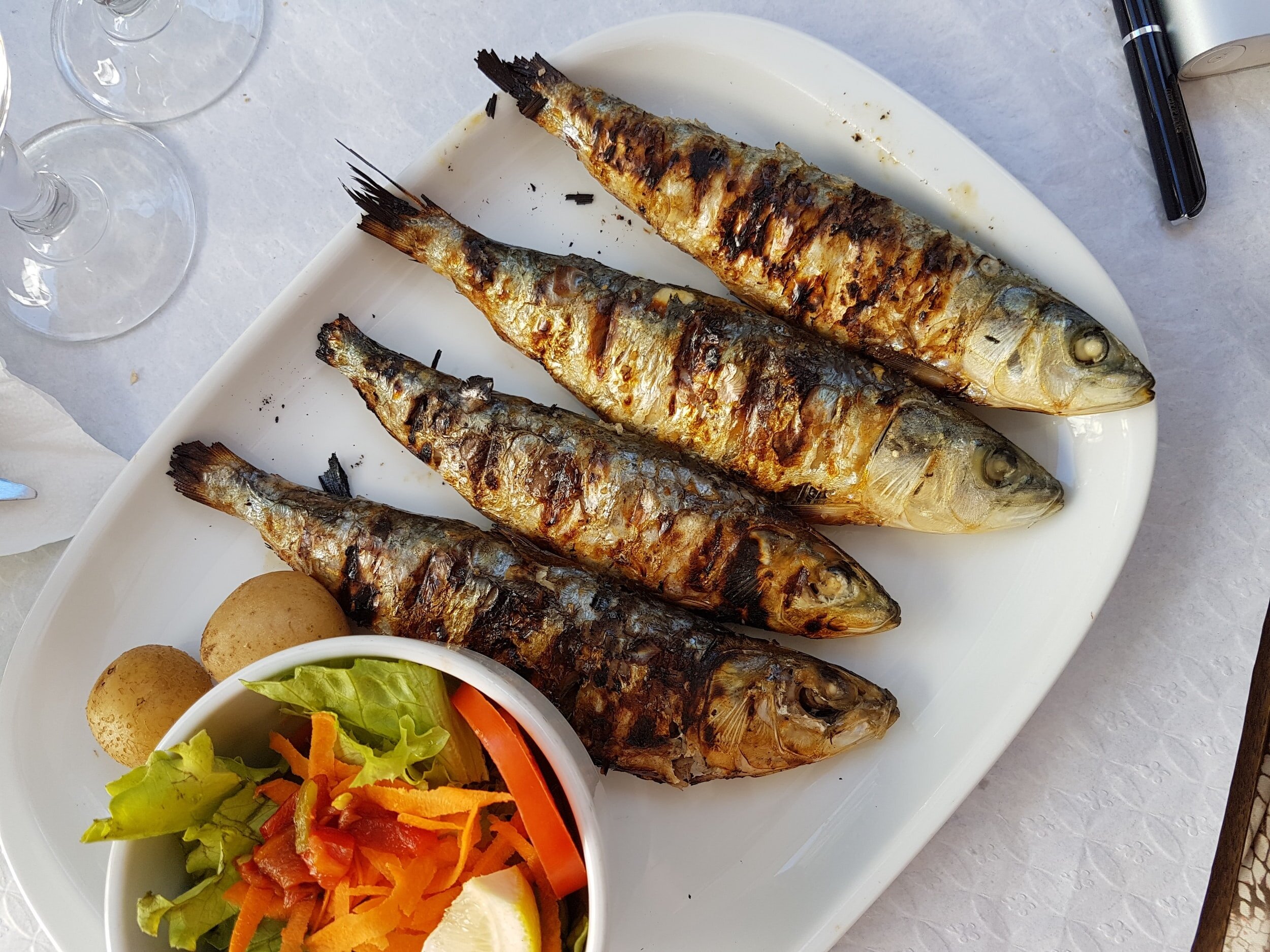Spanish cuisine loves small oily fish like sardines and anchovies, and so Diana Rizzolo Ph.D. was unsurprisingly ecstatic when her research turned over a leaf in their nutritional profiles and found they protected her trial participants from developing type-2 diabetes.
“Not only are sardines reasonably priced and easy to find, but they are safe and help to prevent the onset of type 2 diabetes,” Rizzolo said in a statement. “This is a huge scientific discovery. It is easy to recommend this food during medical check-ups, and it is widely accepted by the population”.
Alas, if only Americans were thus fond of sardines, as type-2 diabetes and the prediabetic state, easily preventable metabolic disorders, cost billions of every year to treat, and needlessly afflict a third of the American population.
Like other foods containing healthy fats, sardines aid in regulating cholesterol levels, preventing the onset of cardiovascular disease, reducing inflammation in a number of key areas such as the gut, brain, liver, and colon, as well as strengthening telomeres.
20% of the brain’s lipid profile is made up of DHA and EPA, the healthy fats inherent in fish and krill oils that many people take in supplement form, and these fatty acids have been shown to improve synaptic plasticity and neurogenesis.
“Consumption of fish, specifically fatty fish and fish oil have shown potential benefits for human health but there was no clear evidence against the prevention of type 2 diabetes on the type, quantity and frequency,” Rizzolo explains in an interview with WaL.
Continue exploring this topic — Fish Oil — Why Do We Take Fish Oil Supplements, And Could There Be Something Better?
Continue exploring this topic —Meat — New Meta-Analysis Shows “No Health Benefit” To Reducing Red Meat Consumption
Continue exploring this topic —Diabetes — Maternal Diets High in Inflammation Could Lead to Late-Childhood Obesity or Smaller Children




